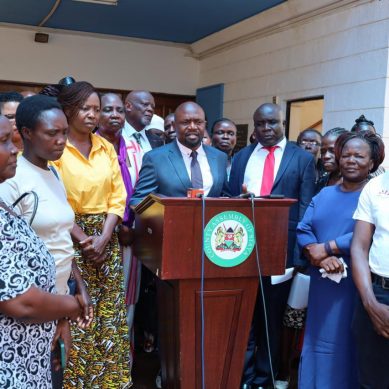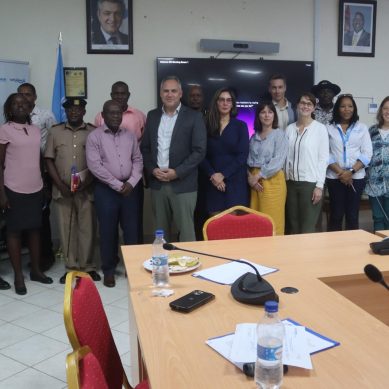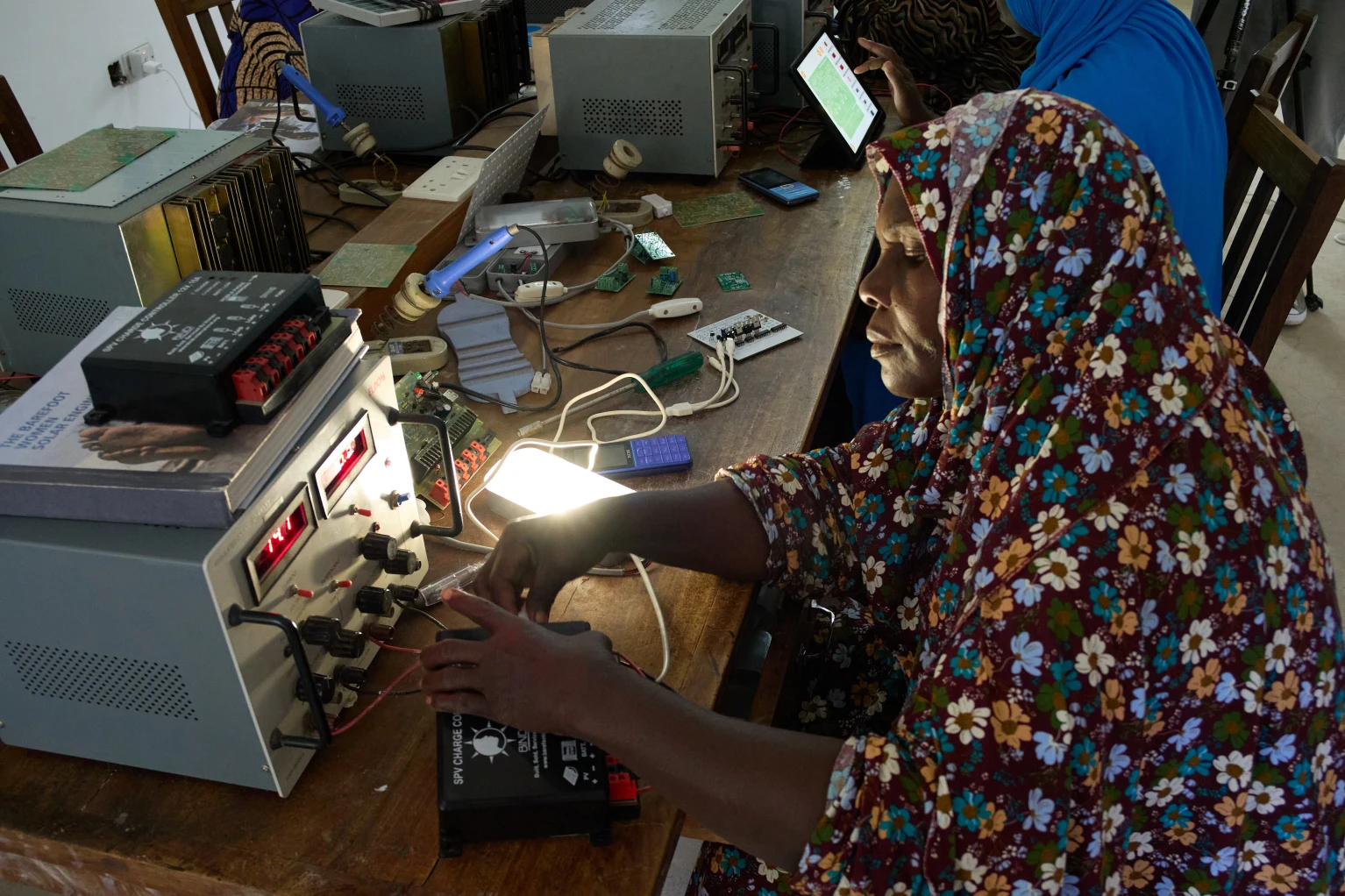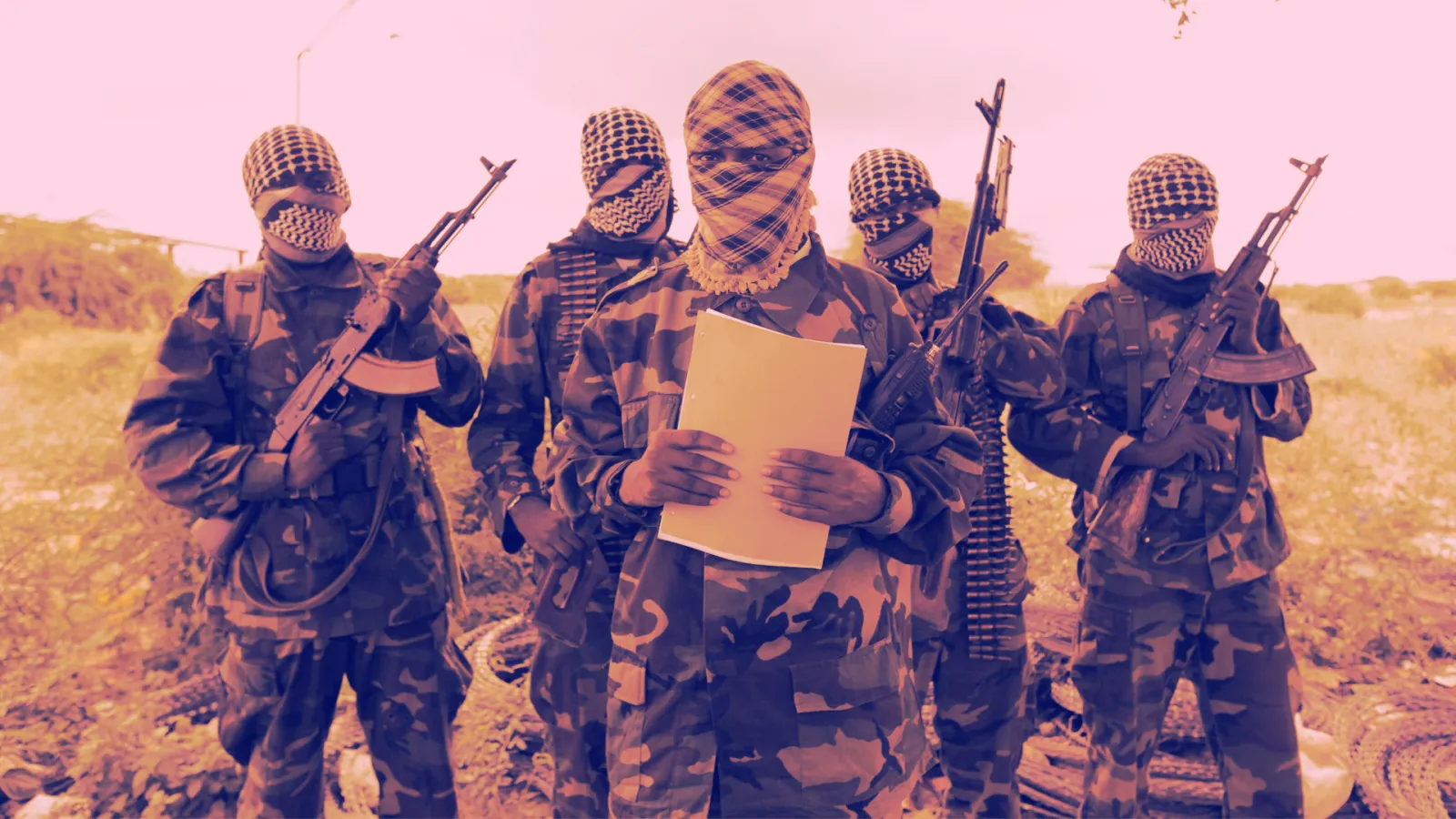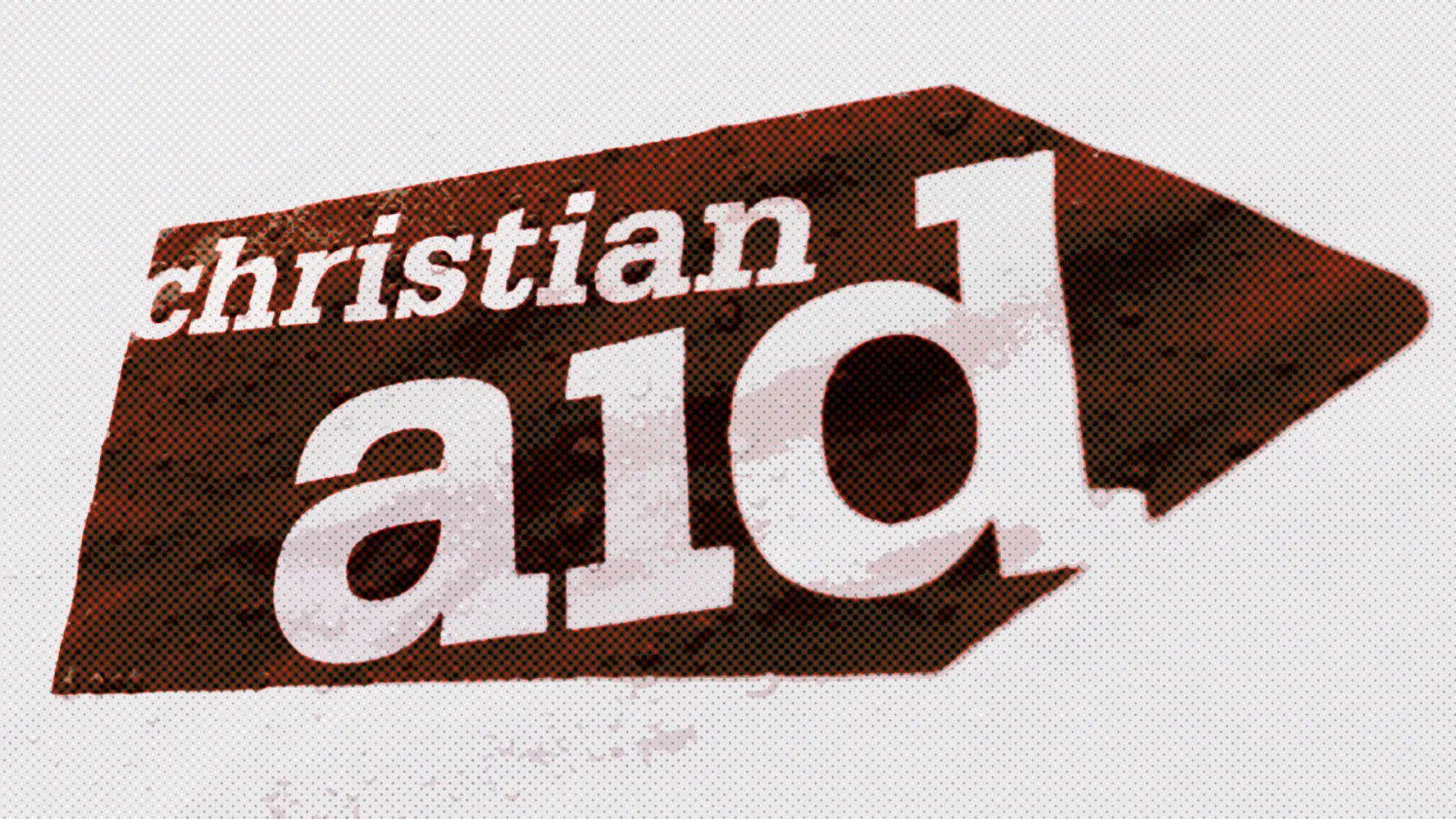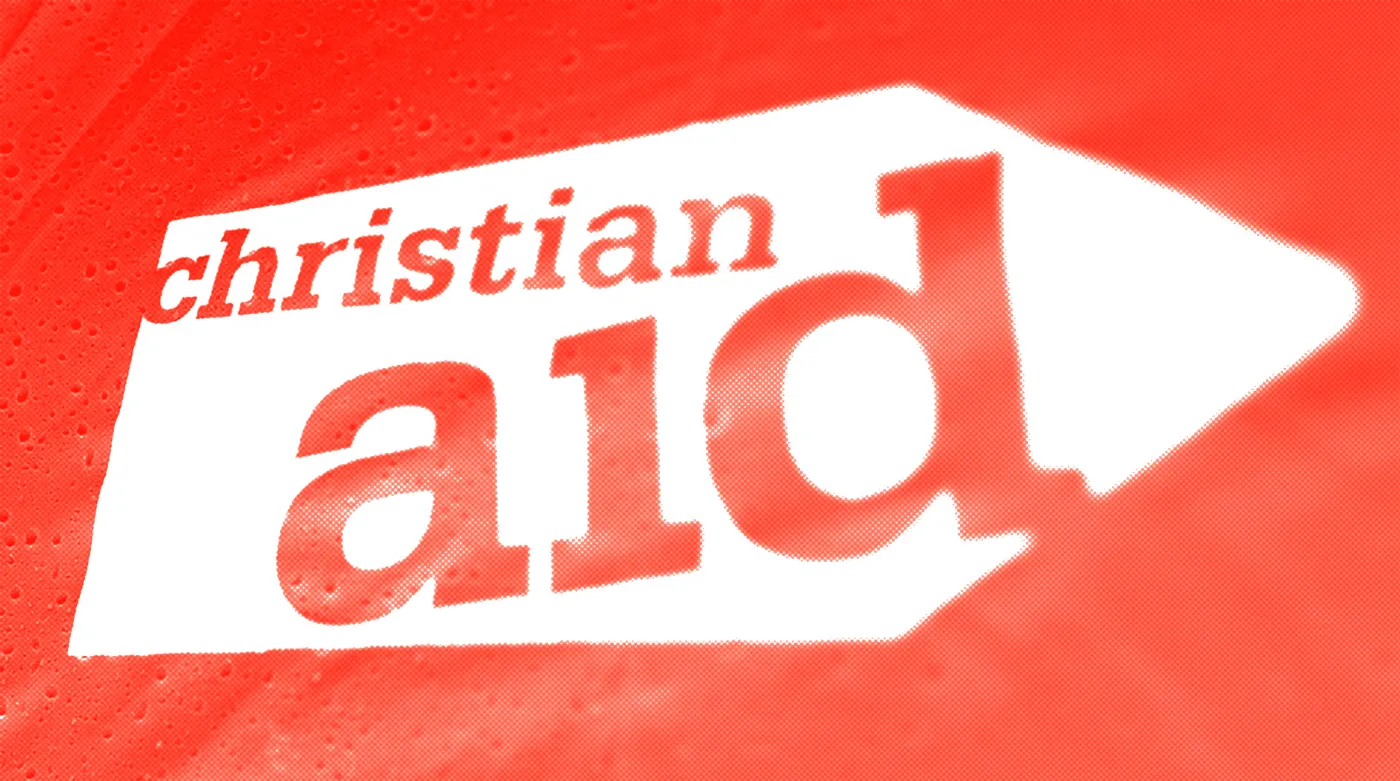
Christian Aid, the faith-based anti-poverty charity headquartered in the UK, has instructed its staff not to refer to Israel’s actions in Gaza as genocide, according to internal documents and communications.
The directive overrides months of advocacy by staff to bring Christian Aid’s messaging in line with a growing international consensus that Israel’s mass killings and aid restrictions in Gaza amount to genocide.
It also stands at odds with many of Christian Aid’s Palestinian partners at a time when the organisation is undergoing a major restructuring to outsource programme implementation to local partners. Christian Aid has raised over £3 million ($4 million) to help its partners in Gaza, assisting over a million people, according to an internal document.
Staff members have alleged that the organisation has censored Palestinian partners’ public statements about the Gaza crisis.
Following a UN Commission of Inquiry’s announcement on September 16 that “Israel has committed genocide against Palestinians in the Gaza Strip”, more than 20 major aid organisations acknowledged the findings and called for “urgent intervention”.
While Christian Aid has asked the international community to “do everything in its power” to stop Israel’s bombing of Gaza and allow aid in, the organisation had not – until responding to questions from media – publicly acknowledged the new report. It has also not changed its language rules, intensifying frustration among staff.
“Christian Aid is a genocide denier,” one staff member said during September 18 meeting about the organisation’s lack of response to the UN inquiry. We have reviewed a transcript of the meeting.
“We could have been one of the first organisations after Amnesty and Human Rights Watch to have come out and said this,” another staff member said, referring to the genocide label. “Instead, we’ll probably be one of the last.”
A Christian Aid spokesperson rejected the allegation of genocide denial.
“Christian Aid is an international humanitarian and development charity, not experts in international law,” the spokesperson said. “We therefore actively acknowledge the legal judgements made by experts with regards to both ‘apartheid’ and ‘genocide’. We also actively acknowledge what the United Nations commission of inquiry said last week, but we are not an organisation that is set up with the legal expertise to make that determination for ourselves.”
As scholars and international bodies have deliberated on the question of genocide in Gaza, Christian Aid has acknowledged developments without taking a position.
Last October, the organisation hosted a lecture by lawyer and genocide expert Philippe Sands, who cautioned the audience about the “difficulty in proving genocide” because of Israel’s self-defence claims.
In May this year, after UN Emergency Relief Coordinator Tom Fletcher asked the Security Council to prevent genocide in Gaza, Christian Aid called on the UK government to do the same.
But many staff are not content with Christian Aid’s deference to external statements.
In August, more than 120 Christian Aid staffers signed a letter asking their directors to advise the organisation’s board to adopt the terms “apartheid” and “genocide” when describing Israel’s actions in Palestine.
“Our current approach is not working,” reads the letter. “It is our belief that by naming these crimes, we will bring more pressure to bear on those with influence to stop what is happening to Palestinians. Failure to do so makes us at best irrelevant but arguably part of the problem.”
“Don’t use politically loaded terms such as ‘genocide’ which have specific meaning in international law.”
Signatories did not receive a response to the letter, a staff member said, requesting anonymity to avoid professional reprisal.
Instead, later that month, Christian Aid sent staff a document titled “Gaza Appeal Core Script” to guide external communications about the crisis. The script says it is aimed at a Christian audience that has “very high levels of compassion but low levels of optimism”.
“We need to be hopeful, emotional, honest and unifying,” it says.
“Don’t use politically loaded terms such as ‘genocide’ which have specific meaning in international law,” says a language guide included in the script. “The judgement of the situation needs to be determined by international mechanisms of accountability rather than Christian Aid.”
The language guide also says Christian Aid “has not adopted the language of apartheid but we are happy to refer to those who do”. It directs staff not to say “ethnic cleansing”, “enemies”, “terrorists”, “murderers” or “resistance fighters”.
The UN Commission of Inquiry report appears to have given some international NGOs a licence to use the term “genocide”. Save the Children International, for example, recently published a social media explainer saying its own observations are consistent with the commission’s genocide determination.
During their September 18 meeting, several Christian Aid staff stressed the urgency to acknowledge the commission’s findings and proposed an infographic explaining the report’s implications.
A Christian Aid spokesperson who was not attending the meeting sent a message to the participants: “Christian Aid’s guidance on media regarding genocide has not changed. While we can acknowledge what the UN commission of inquiry says, we use media opportunities to speak to our core script.”
Throughout the meeting, the colleagues recounted their months-long effort to push for Christian Aid to acknowledge apartheid and genocide in Palestine. One staff member said the charity had previously received legal advice that the risk of using the term “genocide” was lower for a civil society organisation than for a legal organisation.
“Therefore, there is a legitimacy for us to be able to do that without the expectation that we’d have done the full legal analysis,” the staff member said.
The staff member added that if questioned by a journalist, “I cannot give any answer other than I believe that genocide is happening”. To do otherwise, they said, would be a betrayal of Christian Aid’s partners who call the situation a genocide, including the Israeli human rights organisation B’Tselem, whose July 2025 report refers to Israel’s actions in Gaza as “Our Genocide”.
The spokesperson said Christian Aid has “not received legal advice in this regard” but listens to and considers many opinions. The meeting attendees resolved to continue asking Christian Aid’s directors to respond to the August letter, though they doubted their chances of success.
“Management have a track history of just sort of burying, pushing things to the side,” another staff member said during the meeting.
The spokesperson said Christian Aid’s board and directors recently agreed on a process to “look at our current positioning – it is right that trustees have the space to have internal conversations in order to reach a decision”.
Frustration over Christian Aid’s language directives comes after months of advocacy by staff to keep the organisation’s ongoing restructuring in line with its commitments to “localisation and decolonisation”.
Christian Aid has said that 45 per cent of staff – around 320 people – would be laid off during the change process. An unofficial analysis produced by one staff member suggests that people of colour and those based outside the UK have been disproportionately affected by staff cuts.
“The new Christian Aid will be more British, more Christian, less queer, less disabled and more white,” the analysis says.
“We don’t agree,” the spokesperson said. “Christian Aid is fully committed to being a diverse and equitable organisation that provides equal opportunities for all staff.”
They pointed to Christian Aid’s high ranking among dozens of organisations monitored by FAIR SHARE, which tracks the proportion of women and women of colour among the leadership and staff of international social impact organisations.
- A Tell Media report / Republished with the permission of The New Humanitarian
